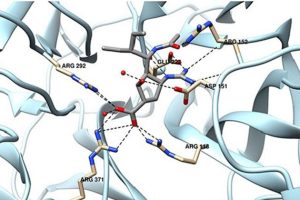
Feb. 4, 2022
Engineer proposes deep learning system to speed drug development
A Mizzou Engineer has proposed a new deep learning system that would speed up drug development by more accurately predicting how drugs and proteins interact.
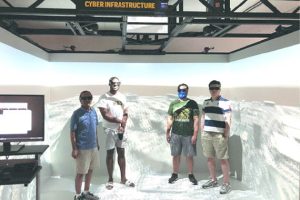
Feb. 2, 2022
Team studies virtual reality platforms using new CAVE
The team attempted to develop a new software that can create large-scale virtual models in the CAVE on campus.
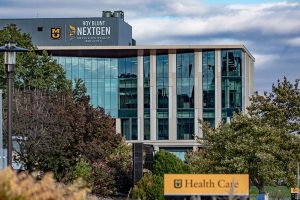
Jan. 3, 2022
Mizzou Engineers to help NextGen Precision Health professionals process, analyze, protect big data
Mizzou Engineers will help NextGen Precision Health professionals analyze the large volumes of information coming from sophisticated MRI and other imaging equipment, as well as determining how best to store that information securely.
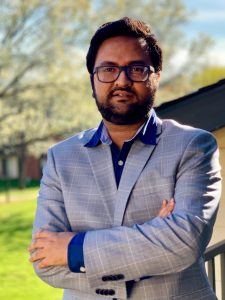
Nov. 19, 2021
Mizzou Engineering hosts 14th CANSec Workshop
Cybersecurity experts from across the region convened at the 14th Central Area Networking and Security Workshop (CANSec) hosted by Mizzou Engineering.
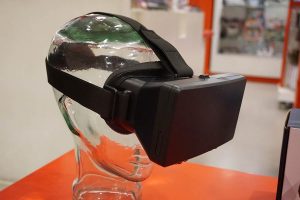
Aug. 4, 2021
Researchers aim to protect cyber space in virtual reality environments
A Mizzou Engineering team is beginning to study possible cyber threats in virtual reality environments.
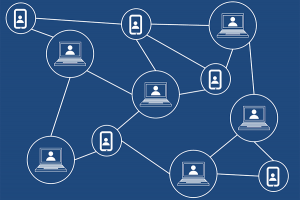
Nov. 4, 2020
Mizzou Engineer Part of Global Team Investigating Blockchain Technologies
Mizzou Engineers are part of a new global team investigating how blockchain technology could revolutionize the insurance industry. Blockchain is an advanced data-sharing system that allows multiple parties to view and manage information in real time. It’s promising technology for the insurance sector—especially when it comes to the complex claims process—however, it is still in early development.
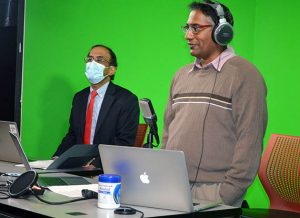
Oct. 20, 2020
Mizzou Engineering Hosts Virtual AIPR Conference
Mizzou Engineering hosted the 49th annual Applied Imagery Pattern Recognition (AIPR) conference last week, proving that a virtual event can be just as robust as meeting in person.
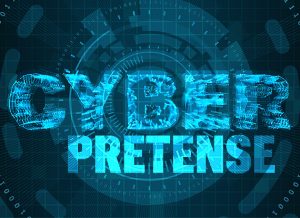
Sep. 16, 2020
Mizzou Cyber Range to Focus on Cyber Pretense Strategies
Hackers are getting smarter about ways to steal sensitive information from the cloud. Now, a new “Mizzou Cyber Range” will train the next generation of cybersecurity professionals to fight back using cyber pretense strategies. Armed with new grant funding from the National Security Agency, Prasad Calyam and his team are building the Mizzou Cyber Range through the MU Center for Cyber Education, Research and Infrastructure.
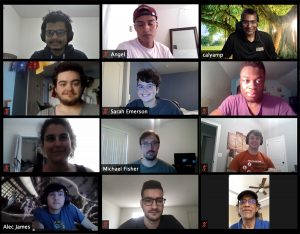
July 31, 2020
Undergraduates Conduct Research Through Mizzou REU
They analyzed data from medical records. Studied the impact of virtual learning environments. And came up with ways to better detect fake videos. In the end, participants of this year’s Research Experiences for Undergraduates (REU) program at Mizzou Engineering gained a deeper appreciation of research and how it applies to everyday life
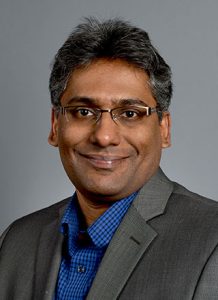
July 22, 2020
NSF Project to Advance Edge Computing
Edge computing has the potential to make our computers and devices run smarter and faster. Right now, though, the technology is in its infancy and not ready for prime time.